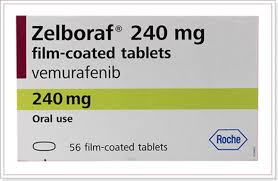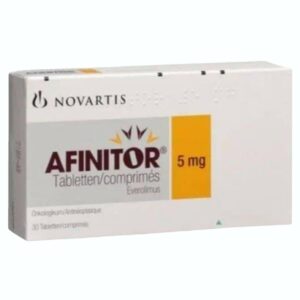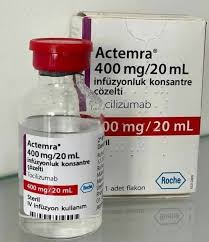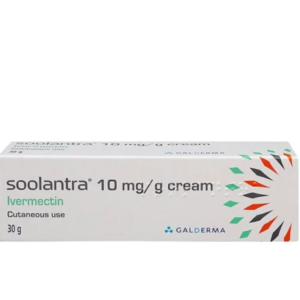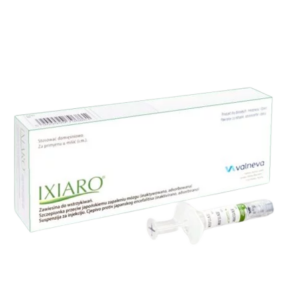Condition : New
0
From UAE
To United States
in 5-10 days
Description
Zelboraf (vemurafenib) is a medication used in the treatment of melanoma, specifically metastatic melanoma with a BRAF V600 mutation. Here’s a breakdown of its pros, cons, and a brief comparison with similar products:
Pros:
- Targeted Therapy: Zelboraf is a targeted therapy designed to inhibit the activity of mutated BRAF proteins, which are found in approximately half of all melanomas. By targeting this specific genetic mutation, Zelboraf helps to slow down or stop the growth of melanoma cells.
- Effective in BRAF V600-Mutated Melanoma: Zelboraf has demonstrated effectiveness in the treatment of metastatic melanoma with a BRAF V600 mutation, leading to improved progression-free survival and overall survival compared to conventional chemotherapy.
- Oral Administration: Zelboraf is taken orally in tablet form, usually twice daily, making it convenient for patients to administer at home.
- Response Rate: Many patients with BRAF V600-mutated melanoma experience a rapid and significant reduction in tumor size when treated with Zelboraf, leading to symptomatic improvement and a better quality of life.
- Side Effects: Common side effects of Zelboraf may include skin-related issues like rash, photosensitivity (increased sensitivity to sunlight), and squamous cell carcinoma of the skin, as well as fatigue, joint pain, nausea, and hair loss.
- Development of Resistance: Some patients may develop resistance to Zelboraf over time, leading to disease progression and the need for alternative treatment options.
- Cost: Zelboraf can be expensive, which may pose challenges for patients without insurance coverage or access to financial assistance programs.
- Drug Interactions: Zelboraf may interact with other medications, potentially leading to adverse effects or reduced effectiveness. It’s important for patients to inform their healthcare provider about all medications they are taking before starting Zelboraf.
- Dabrafenib (Tafinlar)
- Trametinib (Mekinist)
- Ipilimumab (Yervoy)
- Pembrolizumab (Keytruda)
- Nivolumab (Opdivo)

